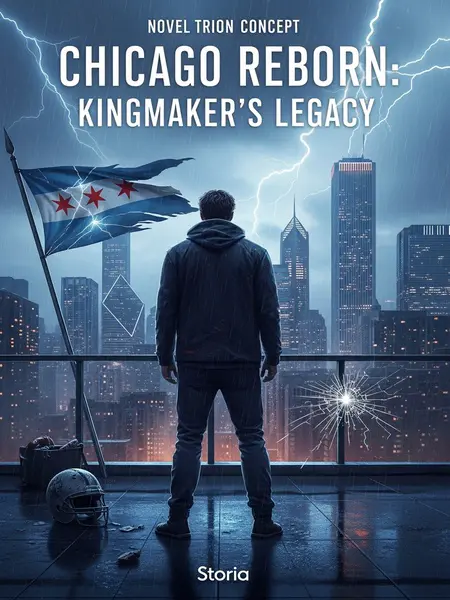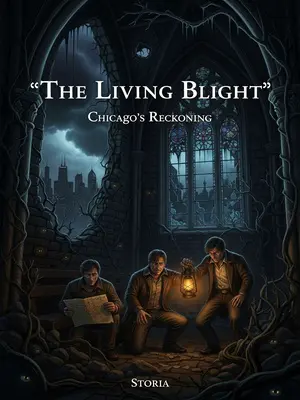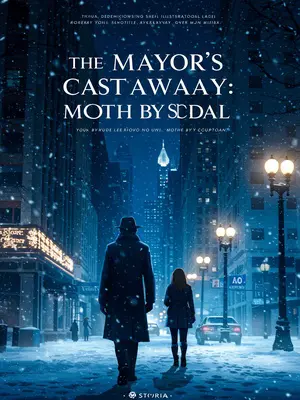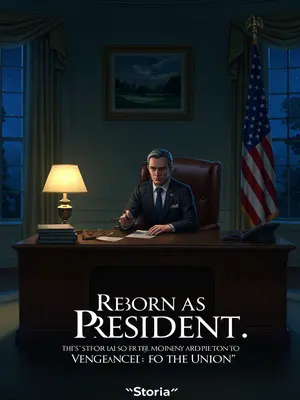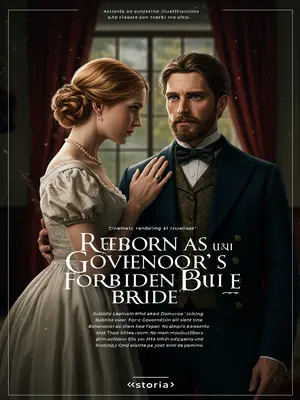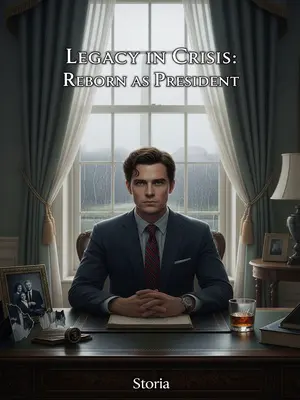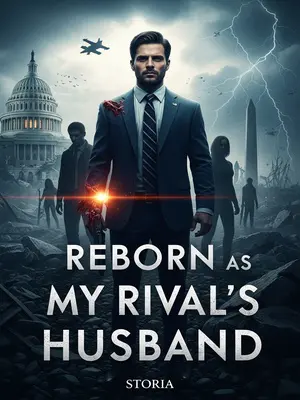Chapter 4: The Surrender at Union Pass
Harrison advanced eastward, unstoppable.
Even more astonishing, the hundred thousand troops he led from Maple Heights, in less than a month, grew rather than shrank.
By the time he reached Union Pass, he had one hundred fifty thousand men.
The army snaked across the landscape, new recruits joining daily. The sound of drums and bugles filled the air, a living testament to Foster’s charisma and leadership.
Zachary Harris, appointed by Graham as commander of Union Pass, looked at Harrison, who was taunting at the gate with a hundred cavalry, his face twisted in frustration.
Harris paced the battlements, binoculars in hand, watching Foster’s every move. The tension was palpable, the defenders nervous and restless.
He’d received an executive order with the seal, swearing to defend the pass and had no choice but to hold.
But facing the undefeated Prince Foster, he couldn’t win, nor could he die fighting.
Every time Harrison shouted outside, the city’s morale sank further.
The outcome was decided before the battle began.
Harrison knew the garrison’s morale was crumbling, so he once again ignored Marcus’s worries and made a bold move.
He rode alone to within bow range of Union Pass’s archers.
Marcus cried out in alarm, heart pounding.
Harrison ignored him, calmly dismounted and removed his helmet.
He spread his arms, looked up at the soldiers on the wall, and shouted: "Soldiers of Chicago! Shoot at me! Shoot at the President’s eldest son you serve!"
Hundreds of archers on the wall had their bows drawn, arrows nocked, but facing Harrison within range, none dared shoot.
The brief standoff felt endless.
Plop.
Sweat dripped.
In that instant, the sweat on Harrison’s brow, Marcus’s anxious cold sweat, and Zachary Harris and the archers’ beads of sweat all fell almost simultaneously.
These drops barely made a sound in the dust, but in people’s hearts, they rang like bells.
The silence was so deep, even the birds stopped singing. Every man felt the weight of history pressing down, the choice between loyalty and rebellion hanging in the air.
"Long live Prince Foster!"
No one knew which soldier first broke, dropping his bow, kneeling and shouting.
Then, like a stone in a pond, the whole wall of archers dropped their bows, pressed fists to hearts, knelt and bowed, shouting, "Long live Prince Foster!"
The army behind Marcus joined in. Amid the cries of "Long live," the gates of Union Pass opened.
Harrison rode at the head, entering Washington with kingly bearing.
His horse’s hooves clattered on the cobblestones, the crowd cheering, flags waving. Harrison nodded to the people, his presence commanding and regal.
That day, Harrison’s feat—shouting down the pass alone—echoed throughout Washington!
Newspapers ran the story for weeks, children reenacted the moment in the streets, and even the old-timers at the corner bar raised their glasses in his honor.
Two hundred years later, when Napoleon of France shouted the same words and achieved an even greater result,
God sneered above: "Napoleon, that guy back then said all your lines first!"
The legend grew, crossing oceans and generations. Chicago’s King became a myth, his words echoing in the halls of power from Paris to New York.
